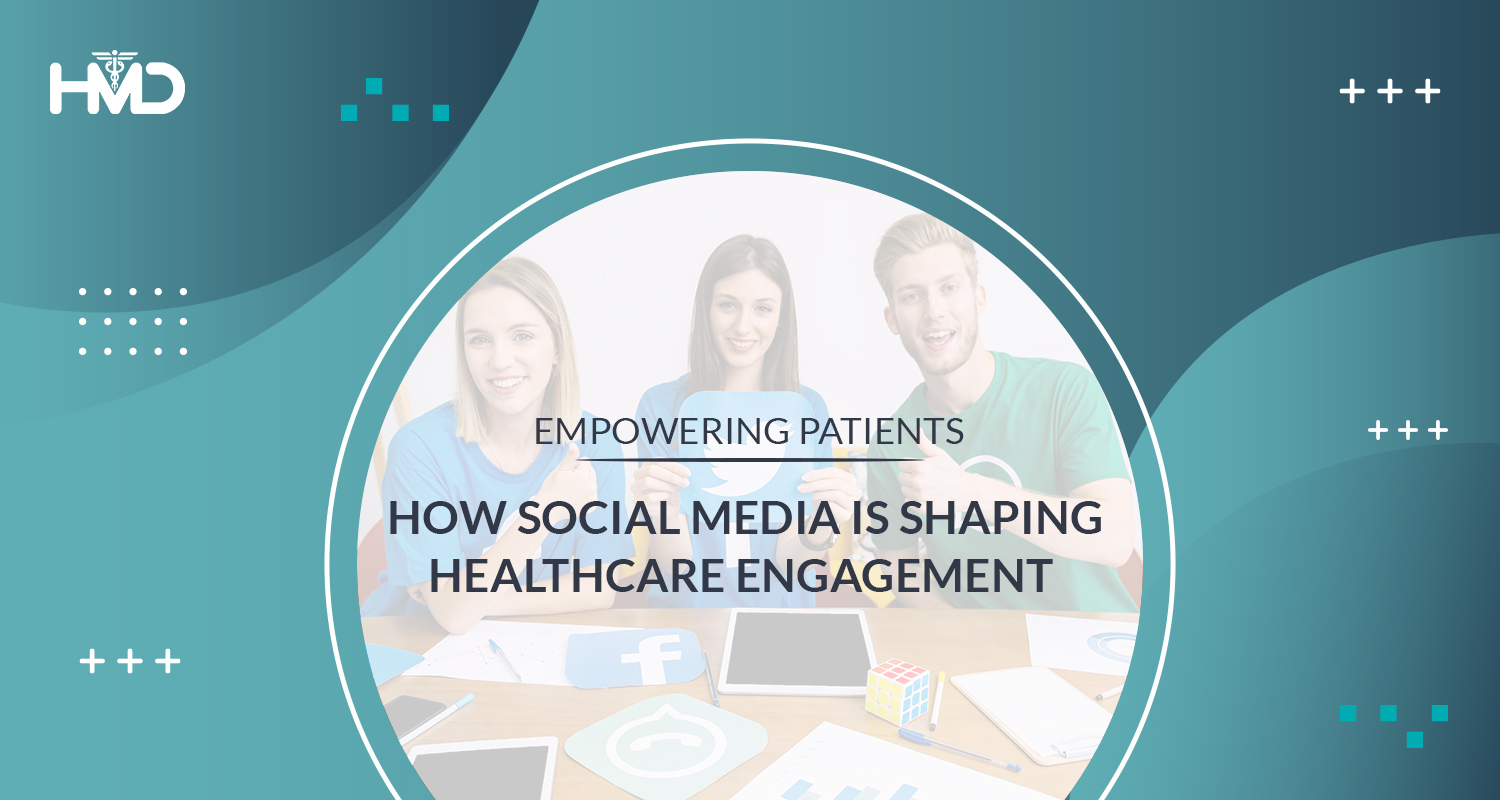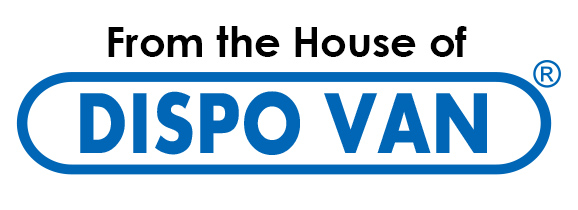

Research shows that 84% of patients use social media to seek health-related information and connect with healthcare professionals and organisations. Despite some criticism faced by social media platforms such as Instagram and Facebook, their significant contribution to patient engagement cannot be ignored.
Today, these platforms are crucial in raising awareness, improving communication, and offering support to patients worldwide. Let’s explore how social media has transformed patient engagement over the years.
- Helps Educate Users on Health Issues
Social media helps educate patients about health conditions, sensitising them on symptoms, first aid and when to consult a healthcare professional. This easy access to crucial healthcare information enables users to seek timely and accurate medical care.
- Enhances Communication and Patient Support
Effective communication is pivotal to the proper management of health conditions. Social media platforms facilitate direct communication with healthcare professionals. Patients can connect with doctors, ask queries and receive prompt answers. This prevents them from attempting to self-diagnose and treat themselves improperly.
- Builds Patient Communities
Social media helps patients connect with people facing similar health conditions, allowing them to build a sense of community. For individuals with rare disorders, social media offers invaluable support and understanding, inspiring them to tackle their health issues with renewed strength.
- Helps Build Awareness About Medical Institutions
One of the most significant effects of social media on patient engagement is that it helps bridge the gap between healthcare professionals and patients. It also helps healthcare practitioners increase their visibility through strategic social media marketing to raise awareness about their services and areas of practice.
- Helps Keep Patients Informed About Healthcare Innovations
Social media has emerged as an effective tool for sharing the latest healthcare advancements with patients. Platforms such as Facebook, Instagram, and Twitter enable healthcare providers to update patients on recent treatments and cutting-edge medical devices. This ensures that patients remain informed and can make the right decisions regarding their health. HMD also uses social media platforms to keep patients up to date on its high-quality, innovative medical devices such as AD syringes, single-use syringes and needles, blood collection systems, and other products.
To Sum Up
In conclusion, social media is revolutionising patient engagement by providing interactive and immersive ways to educate, support, and communicate with patients. Healthcare professionals must leverage the power of social media to connect with patients and raise awareness about healthcare issues.
At Hindustan Syringes & Medical Devices (HMD), we are committed to offering healthcare devices and instruments that meet international standards. With 67 years of experience in the industry, HMD is pioneering innovations aimed at safeguarding both patients and healthcare workers. Through consistent advancement in medical technology, HMD launched the Kojak AD syringe, safety I.V. cannula and the Dispojekt safety syringe to ensure the highest level of safety and protection in healthcare settings.
REFERENCES
https://media.market.us/social-media-in-healthcare-statistics/#:~:text=Social%20Media%20Today)-,Patient%20Engagement%20and%20Communication%20%E2%80%93%20Social%20Media%20in%20Healthcare%20Statistics,access%20to%20timely%20medical%20information.
https://www.practicebuilders.com/blog/social-media-patient-engagement/#:~:text=Social%20media%20platforms%20facilitate%20direct,of%20your%20social%20media%20strategy.
https://practolytics.com/blog/importance-of-patient-engagement-and-role-of-socialmedia/
https://primeglobalpeople.com/2021/12/17/social-media-in-patient-engagement/
https://hmdhealthcare.com/

